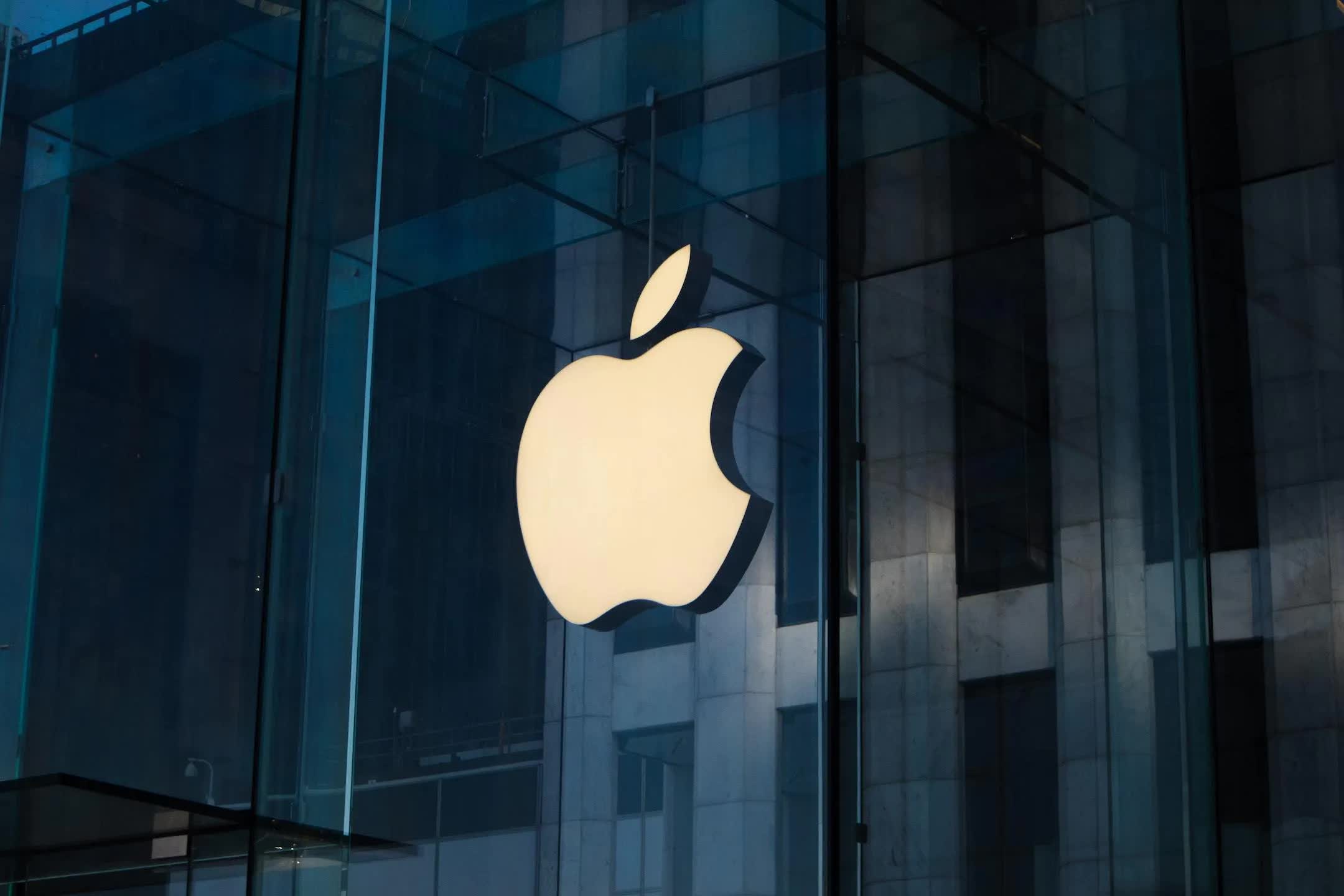Orwellian Britain: UK authorities are discussing proposed amendments to the Investigatory Powers Act (IPA), a law enacted in 2016 to significantly enhance the electronic surveillance capabilities of British intelligence agencies and police. Apple is actively opposing the suggested changes to the IPA, citing concerns that these alterations could adversely impact the company’s global business.
Apple has taken a stance against the proposed update to the Investigatory Powers Act (IPA), which could potentially grant the UK government unprecedented control over future software updates released by the company. Cupertino contends that London authorities are seeking new veto power against updates that might interfere with investigative activities by law enforcement agencies.
In 2023, Apple stated that it might be compelled to withdraw FaceTime and iMessage from the UK market if the proposed IPA changes were to become law. The amendments will now be debated in the House of Lords, and Apple has once again voiced its opposition to the “unprecedented overreach” of the UK government into the company’s software business.
Cupertino expressed “deep concern” about the IPA amendments, asserting that they would jeopardize users’ privacy and security on a global scale. If enacted, the updated IPA law would empower UK authorities to secretly block new software updates for iOS, macOS, and other Apple software products. The UK would function as a surveillance overlord for every Apple user worldwide, compelling Cupertino to cancel crucial security-related updates if they could impede the country’s ability to effectively investigate iOS and macOS devices.

The amended IPA could compel Apple to withdraw entirely from the UK market, potentially conflicting with the privacy safeguards provided by the General Data Protection Regulation (GDPR) for European citizens. Apple contended that secret backdoors and ineffective end-to-end encryption would violate the EU’s GDPR.
In recent weeks, civil liberties groups and non-governmental organizations (NGOs) have voiced their opposition to the amended IPA, citing concerns about compromising the security of devices and the internet. The proposed legislation would require technology companies, including those located outside the UK, to inform the UK government about their future plans to enhance security and privacy in their software products and services.
UK authorities are defending the proposed veto powers they seek to enshrine in law. A government spokesperson told the BBC that the UK supports technological innovation and private secure communications, but these must not compromise “public safety.” The spokesperson argued that London requires global surveillance powers to apprehend “child sexual abusers and terrorists,” emphasizing the need for the UK Parliament to make “democratically accountable” decisions regarding lawful access to secure communication devices with the well-being of children in mind.

